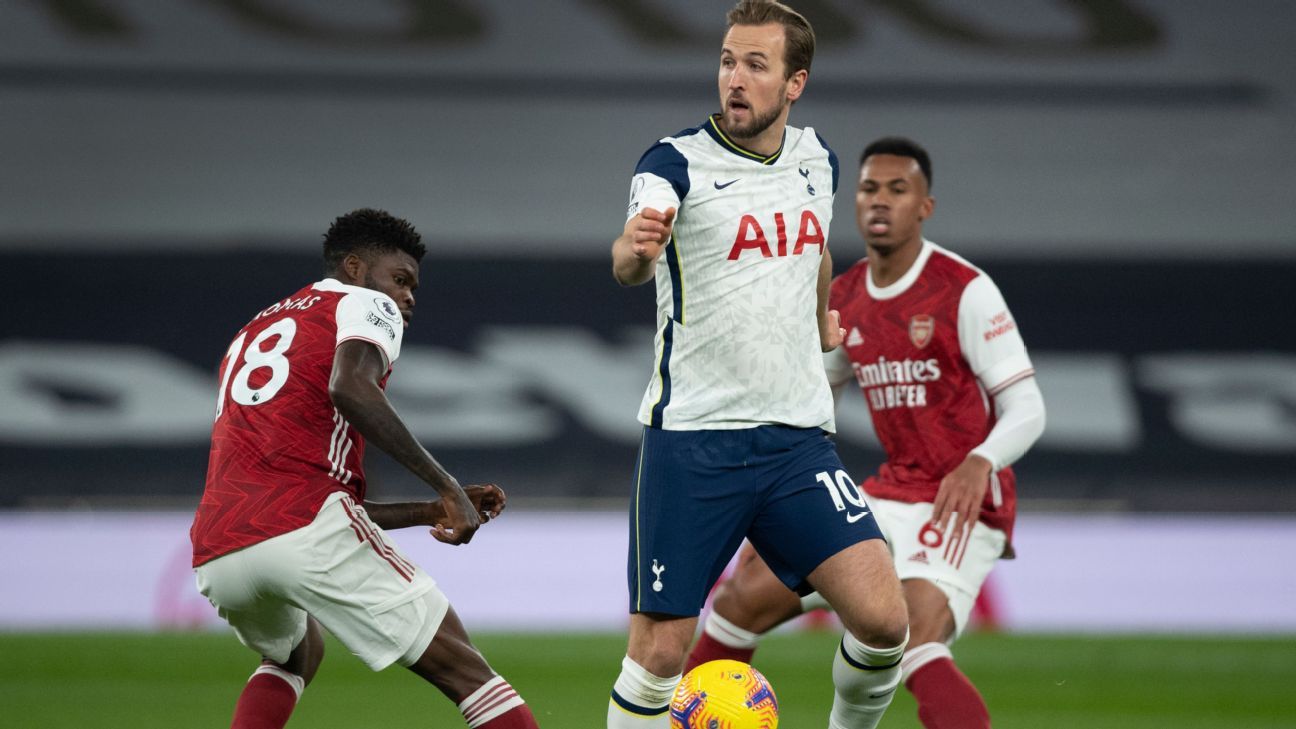
The aim was to prevent the taxes from being used to cover the millionaire salaries of the Premier League, but despite these good intentions, some clubs would benefit.
the British government made an important decision last November when leaving men’s football out of the £ 300 million aid for the sport.
The aim was to prevent citizens’ taxes from going to to pay the millionaire salaries of Premier League players.
An a priori interesting initiative because it favored these 340 million euros will be allocated to more minority sports and that they have been more affected by the pandemic than a football that continues to run more or less normally to this day.
However, despite these good intentions, some English clubs would be benefiting from the aid to companies that the Government has launched during the pandemic.
The Covid Corporate Financing Facility (CCFF) is a tool created by the state by which large companies can receive financing from the Bank of England at a low interest rate.
As revealed by the “Financial Times“There are several teams that have successfully claimed this aid. Arsenal have received 120 million pounds (135 million euros) and Tottenham Hotspur 175 million (198 million euros). Although both have left large sums of money in the past summer market, they have been able to access these government grants.
Carlos Vinicius, Sergio Reguilón and Pierre-Emile Højbjerg cost Tottenham about 50 million euros, only in transfer, not counting salaries, while Arsenal paid 75 million in the purchase of Thomas Partey and Gabriel, in more than renewing Pierre-Emerick Aubameyang and putting a stratospheric salary on Willian.
Does this go against what the Government marks? No, according to the parameters set by this funding aid. To be able to access the loans you need to be a company that “makes a material contribution to the UK”, is not an “investment vehicle” and is in good financial standing before the crisis, in addition to some minor requirements.
They all meet them, the football clubs and even the English federation, which he also applied for a loan worth 198 million euros to mitigate the scourge of having to hold competitions such as the FA Cup and League Cup without an audience, as well as England’s international matches.
The funny thing is that those who do have have been left out, or have received less aid, have been lower clubs, from categories such as the Championship (second division) down, The financial situation before the pandemic was not so prosperous.
This has sparked their complaints and opinion among themselves that low-interest loans to open-air clubs like Arsenal and Tottenham Hotspur distort competition and make the differences between rich and poor in football even more glaring.
And is that while small clubs suffer the ravages of not being able to make public in the stadiums, which entails this in terms of lower merchandising and food and drink sold, the big ones have millions in losses on the one hand while borrowing for another.
According to a signature report Deloitte published this week, Tottenham reduced its profit by 90 million euros in the last financial year due to the pandemic, while Tottenham’s slowdown was 57 million.
Facts that show the big gap that Premier League clubs are going through, affected by the reduction in television revenues and which the government stopped short by denying aid of 300 million, At the same time allowing them to sneak through the door of the Bank of England loans.